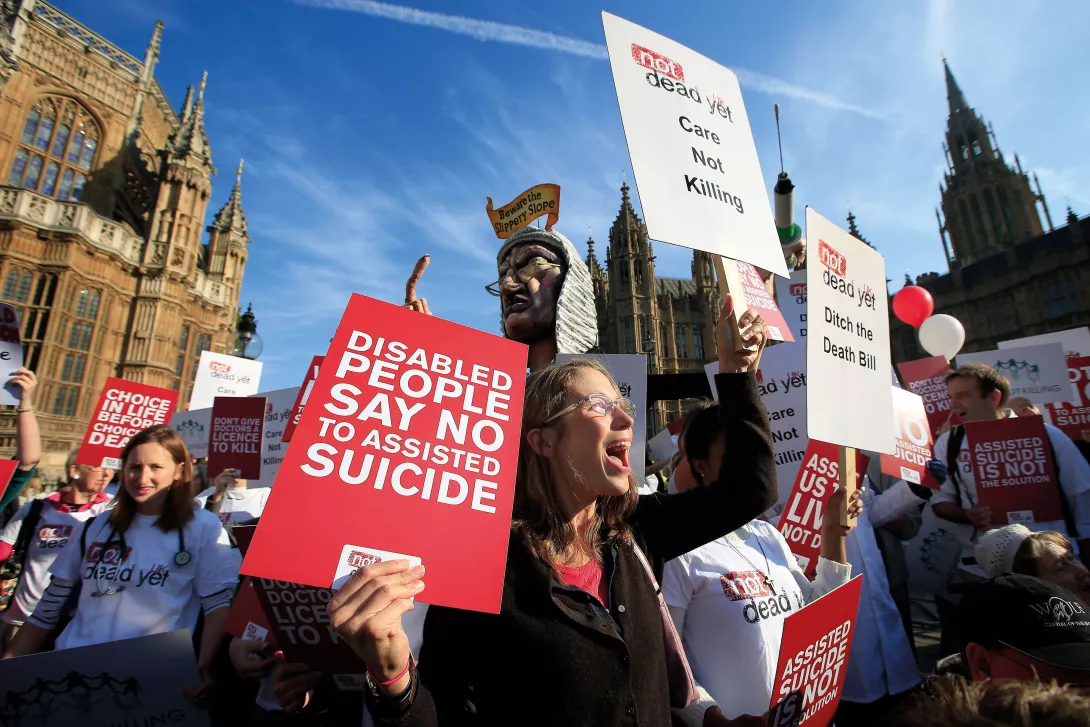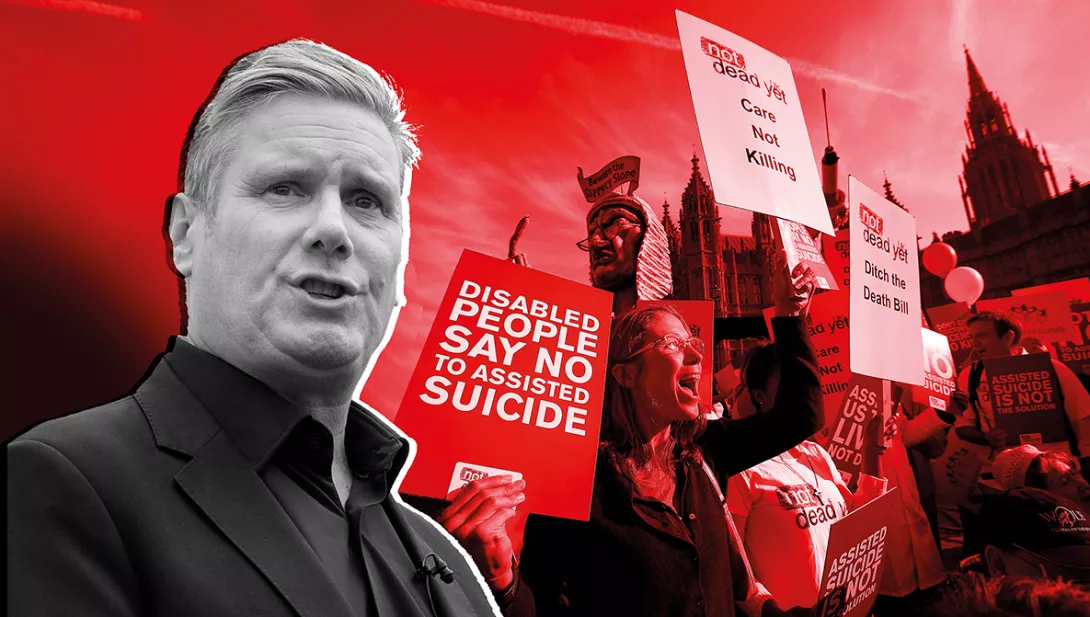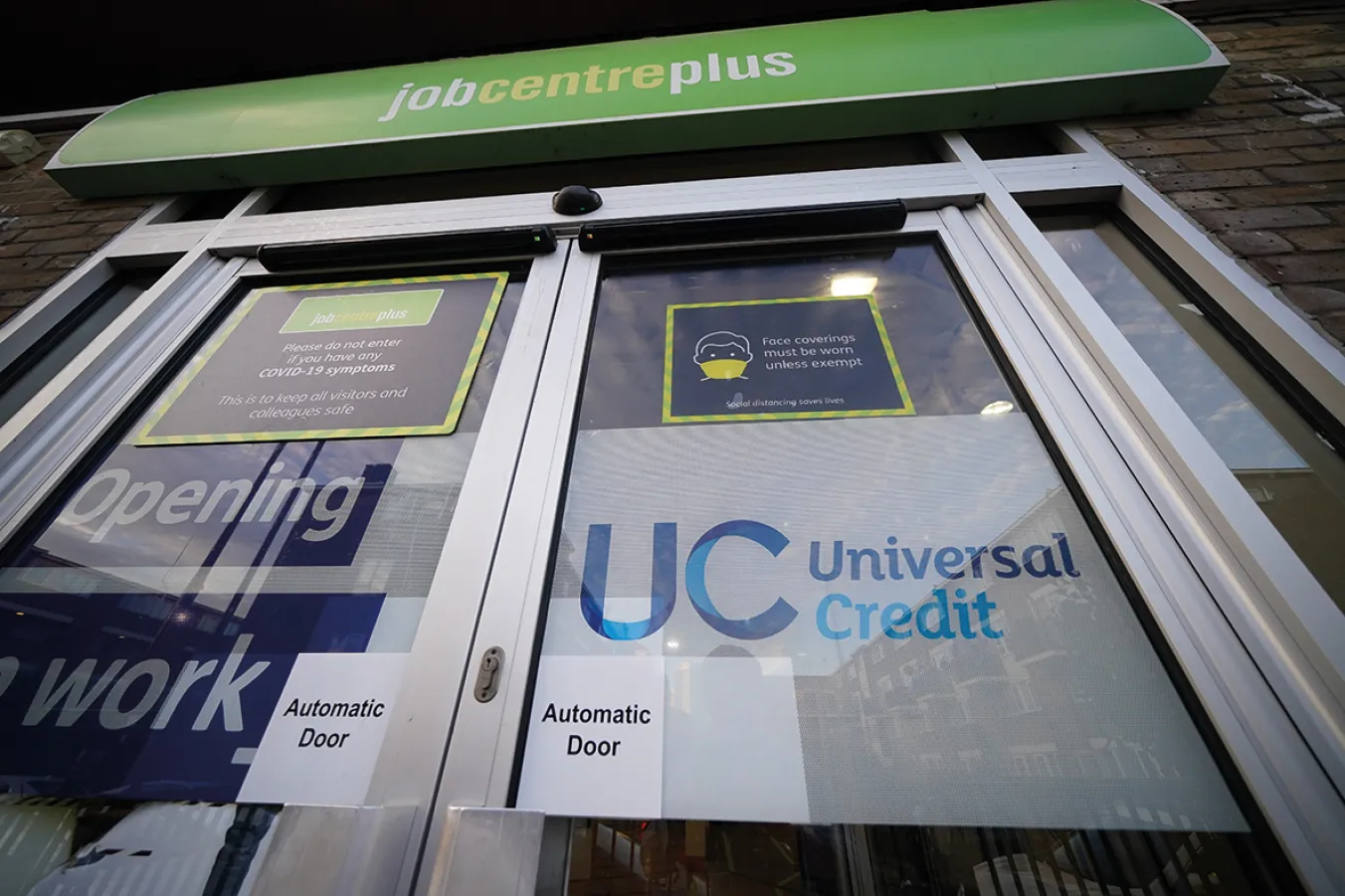
INITIAL proposals from a groundbreaking initiative were launched for consultation on August 12. The focus of the project — to develop proposals for the future of social security — is a subject that has received no little attention as opponents to the government’s welfare reform agenda attempt to develop alternative ideas.
What stands out about the Experts by Experience Commission on Social Security is that it is led entirely by those with lived experience of the benefits system. There were no big-name speakers at the online launch for the consultation, only benefit claimants and grassroots campaigners against the current system.
The commission is notable for its rejection of traditional approaches to policy-development where high profile advocates are prioritised above those with lived experience. A case in point is the new disability commission set up by the Centre for Social Justice, a think tank founded by Iain Duncan Smith in 2004.
The chair of this commission is Lord Kevin Shinkwin with members including former Paralympian Baroness Tanni Grey-Thompson as well as representatives from City firms such as Clifford Chance and Deloitte.

















